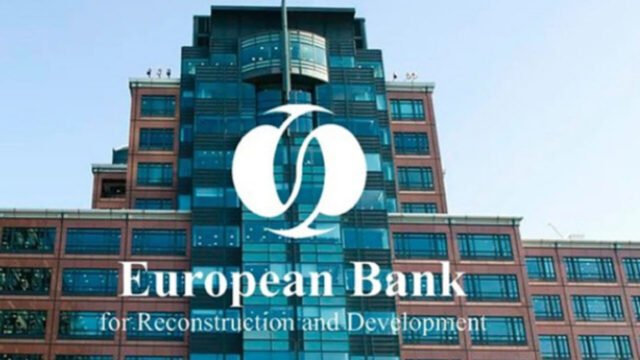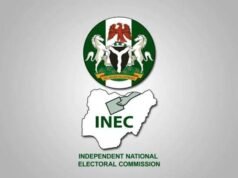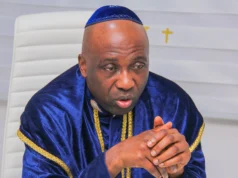The European Bank for Reconstruction and Development (EBRD) is preparing for what could be one of its most significant moves in Africa yet—setting up operations in Nigeria by 2025. This entry into the continent’s most populous country is not just another expansion. It marks a strategic step into West Africa’s largest economy, and more importantly, into one of the fastest-growing technology ecosystems in the world.
For a bank with roots in post-Cold War Europe, now active across more than 40 economies, Nigeria represents both an opportunity and a challenge: an untapped market with immense potential but also complex risks that require careful navigation.
Table of Contents
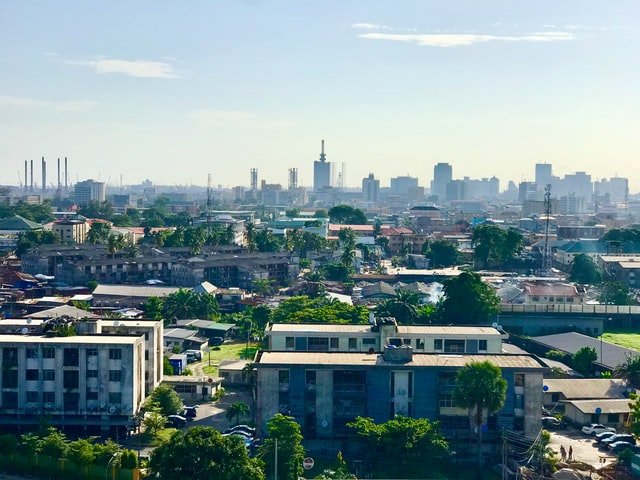
Why Nigeria? The Attraction of a Burgeoning Tech Scene
Nigeria is no stranger to global headlines when it comes to technology. From Lagos’s “Yabacon Valley” to Abuja’s rising innovation hubs, the country has consistently produced startups that scale beyond borders. Flutterwave, Andela, Interswitch, Paystack—these names have become familiar not just in Africa, but across the global tech conversation.
The attraction for EBRD is clear. Nigeria’s youthful population, estimated at more than 200 million people, provides a natural customer base for technology-driven services. With over 60% of its citizens under the age of 25, the appetite for digital solutions—whether in financial services, agriculture, health, or logistics—is massive.
But beyond demographics, the Nigerian startup ecosystem has matured significantly. In 2023 and 2024, Nigerian companies attracted some of the largest venture capital inflows on the continent, despite global economic slowdowns. Investors are drawn to fintech innovations that solve real problems, e-commerce platforms that bridge distribution gaps, and agritech solutions that make food systems more resilient.
For EBRD, this is not just about chasing the next unicorn. It is about embedding itself into a landscape where technology is increasingly becoming the backbone of everyday life, and by extension, a driver of broader economic development.
Building Presence: From Boardroom Decisions to Lagos Groundwork
EBRD’s decision to formally enter Nigeria has been in motion for a while. In April 2024, the institution submitted an application for shareholder status in the country. Barely a month later, its Board of Governors approved the request. That swift approval speaks volumes about how much urgency the bank is placing on its African strategy.
By August 2025, the EBRD had already begun recruiting for key positions, including an Office Manager role in Lagos. That may sound like a small administrative step, but it signals a significant shift: from distant capital injections to a physical presence embedded in Nigeria’s business and regulatory environment.
Why does that matter? In development finance, local presence is often the difference between success and failure. Understanding regulatory nuance, engaging with entrepreneurs face-to-face, and adapting to Nigeria’s unique operating challenges require more than periodic visits from London or Tunis. It requires boots on the ground.
This approach mirrors what EBRD has done in North Africa. In countries like Egypt and Morocco, its on-the-ground operations have been critical in scaling green energy projects, digital infrastructure, and private-sector innovations. Nigeria could follow a similar path, but with a heavier tilt toward digital economy investments.
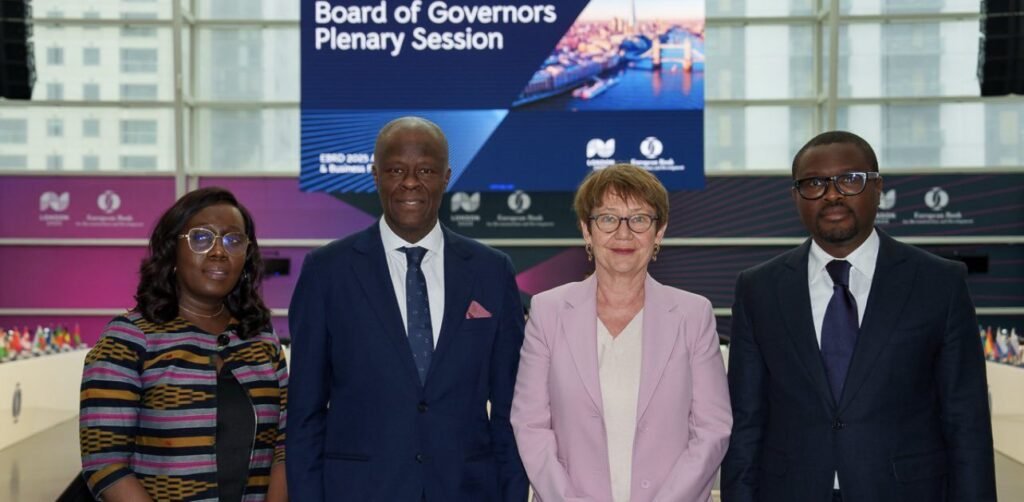
The Promise and the Pitfalls: Navigating Nigeria’s Complex Landscape
No one disputes the opportunities Nigeria presents. But those who have worked in the country also know the challenges. Currency volatility remains a major concern for international investors, with exchange rate fluctuations often eating into returns. Infrastructure gaps—particularly in energy and transportation—add extra costs to doing business. Regulatory uncertainty in some sectors has also left investors cautious.
Yet EBRD’s track record is in dealing with precisely such environments. Its core expertise lies in stepping into emerging economies where risk and opportunity go hand in hand. What makes the bank different from traditional lenders is its hybrid approach: blending investment capital with technical advice, policy engagement, and long-term partnerships.
By bringing this model to Nigeria, EBRD could play a stabilising role in sectors where startups often struggle to scale due to financing gaps or lack of supportive frameworks. For instance, fintech companies may secure seed funding from venture capitalists, but scaling to millions of users across Nigeria requires deeper pools of growth capital—exactly the type of long-term financing EBRD specialises in.
There’s also the question of trust. For Nigerian entrepreneurs, a global institution like EBRD entering their ecosystem sends a powerful signal. It tells other investors that Nigeria’s tech sector is worth betting on, despite its complexities. This kind of validation could unlock more inflows from international funds, creating a multiplier effect that goes far beyond the bank’s direct investments.
What This Could Mean for Nigeria’s Startup Ecosystem
If executed well, EBRD’s Nigerian entry could become a watershed moment for the country’s tech industry. Beyond capital, the bank can bring technical expertise in structuring sustainable businesses, governance frameworks, and cross-border partnerships.
Consider the fintech sector, where Nigeria already leads Africa. EBRD’s involvement could help scale these companies into regional champions that connect West Africa’s fragmented financial systems. In agritech, the bank’s support could make smallholder farmers more resilient to climate change while improving food security. In renewable energy and cleantech, EBRD’s global experience could help Nigeria leapfrog traditional power infrastructure.
But perhaps the most significant impact may be cultural. For years, Nigerian entrepreneurs have been told to “think local before going global.” With EBRD in the picture, the ecosystem gains a partner that inherently thinks globally—opening doors for Nigerian startups to plug into international markets, supply chains, and knowledge networks.
The timing could not be better. Nigeria is hungry for growth, and its young population is increasingly impatient with economic stagnation. Technology is one of the few areas where young people see real possibilities. If EBRD can channel its resources effectively, it won’t just be investing in businesses—it will be investing in aspirations, futures, and national development.
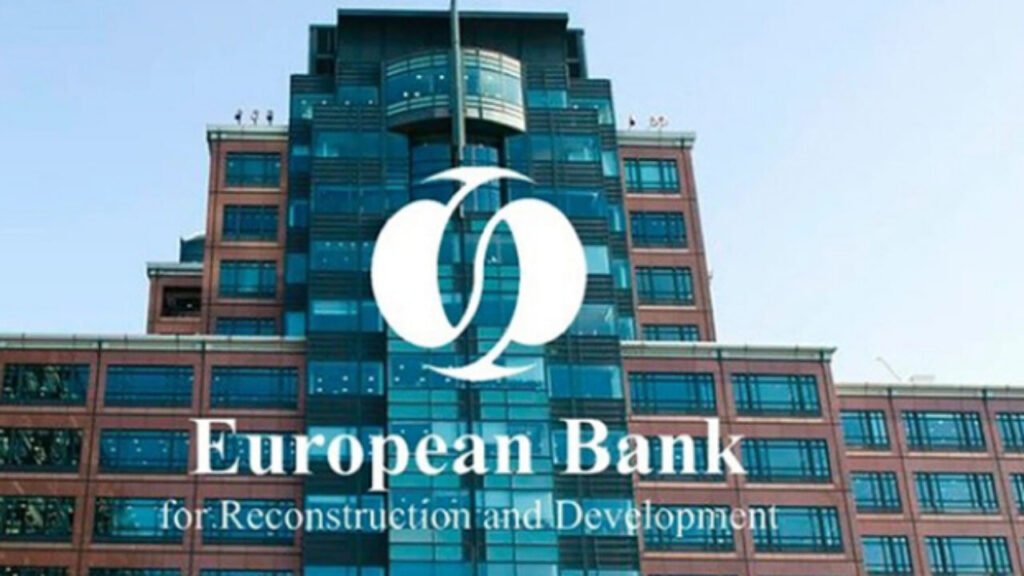
Conclusion: A Defining Partnership on the Horizon
As 2025 approaches, Nigeria’s tech community is watching closely. The European Bank for Reconstruction and Development is not the first global financial institution to show interest in the country, but its unique model of combining finance with advisory and policy engagement could make it one of the most impactful.
Nigeria offers both promise and pitfalls, and success will depend on how deeply EBRD embeds itself into the realities of doing business locally. Still, the prize is huge. A thriving Nigerian tech ecosystem doesn’t just benefit entrepreneurs in Lagos or Abuja—it strengthens Africa’s broader digital economy and cements Nigeria’s role as a continental leader.
If done right, the EBRD’s Nigerian chapter could be remembered not just as another expansion, but as a defining partnership that helped accelerate Africa’s tech future.
Join Our Social Media Channels:
WhatsApp: NaijaEyes
Facebook: NaijaEyes
Twitter: NaijaEyes
Instagram: NaijaEyes
TikTok: NaijaEyes


